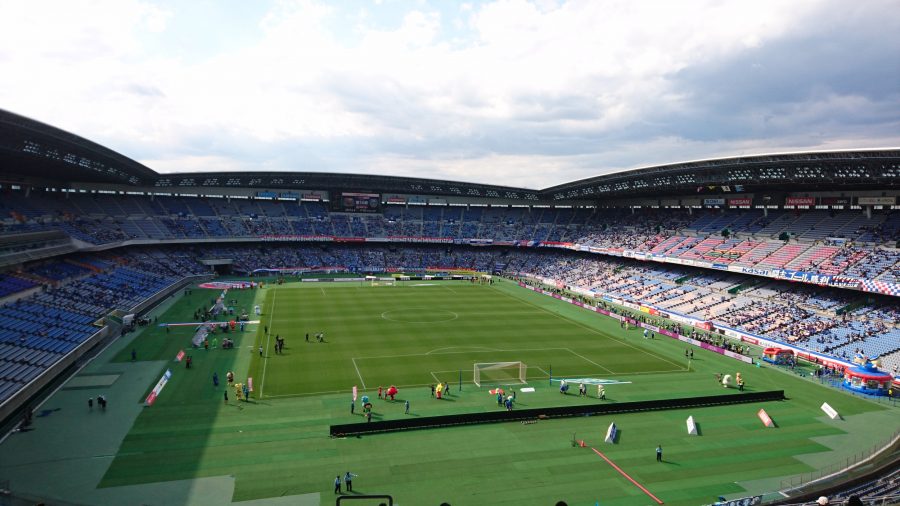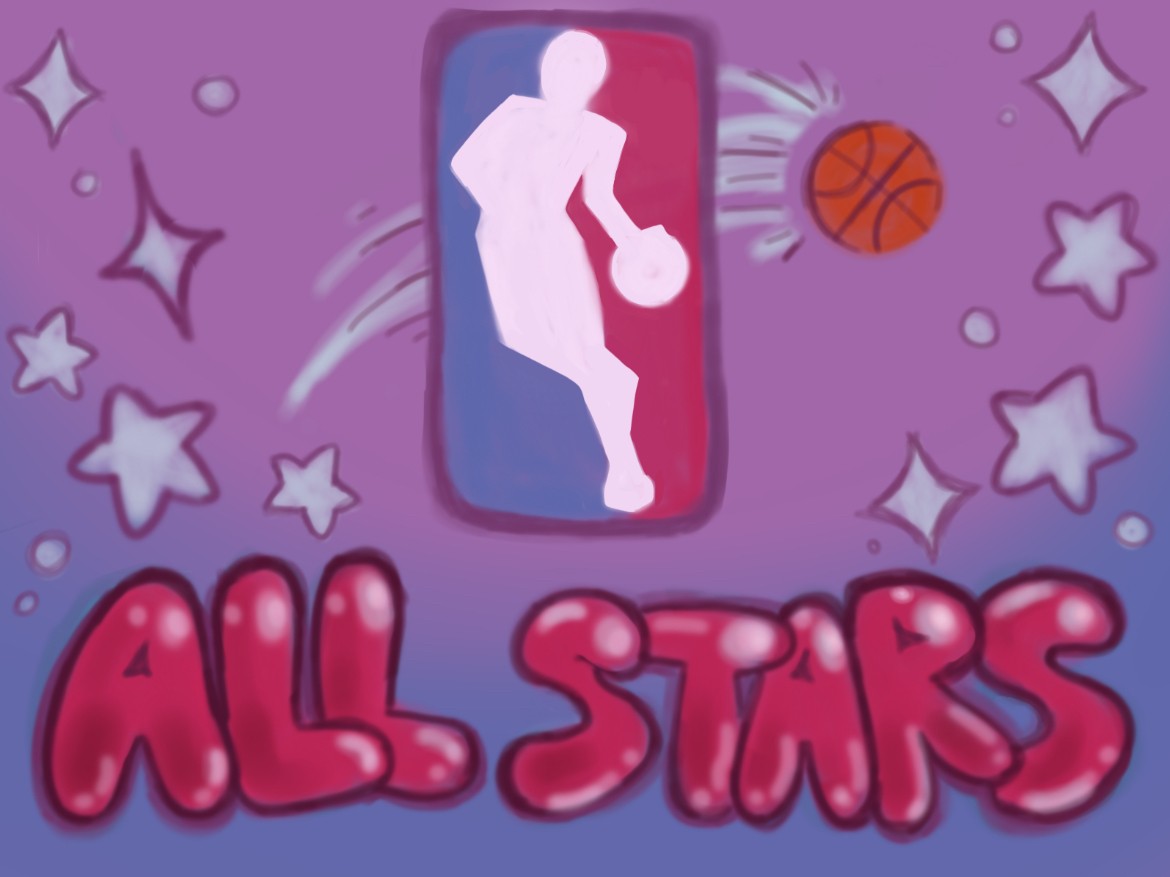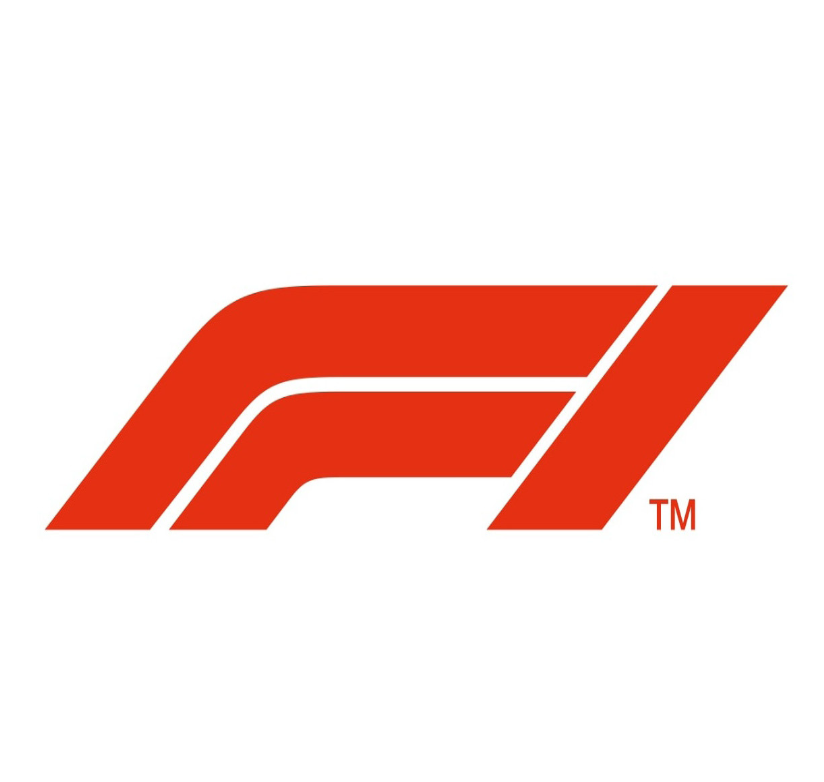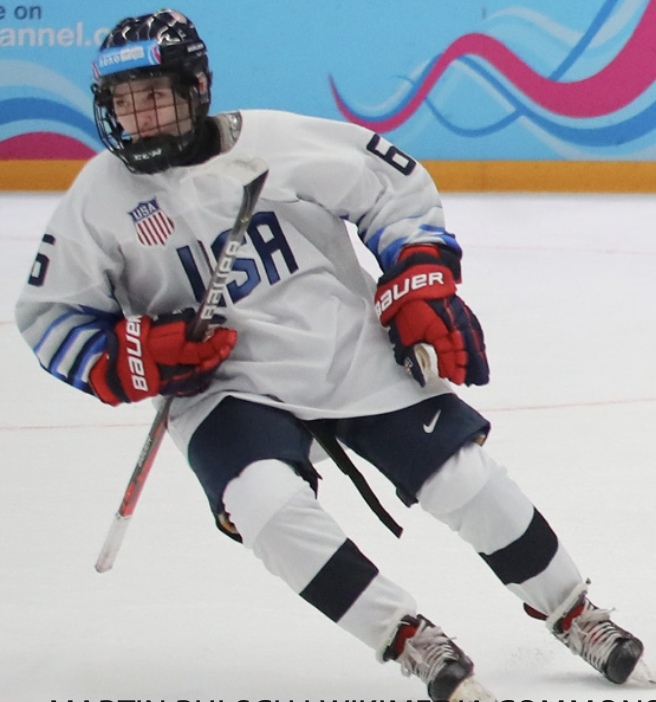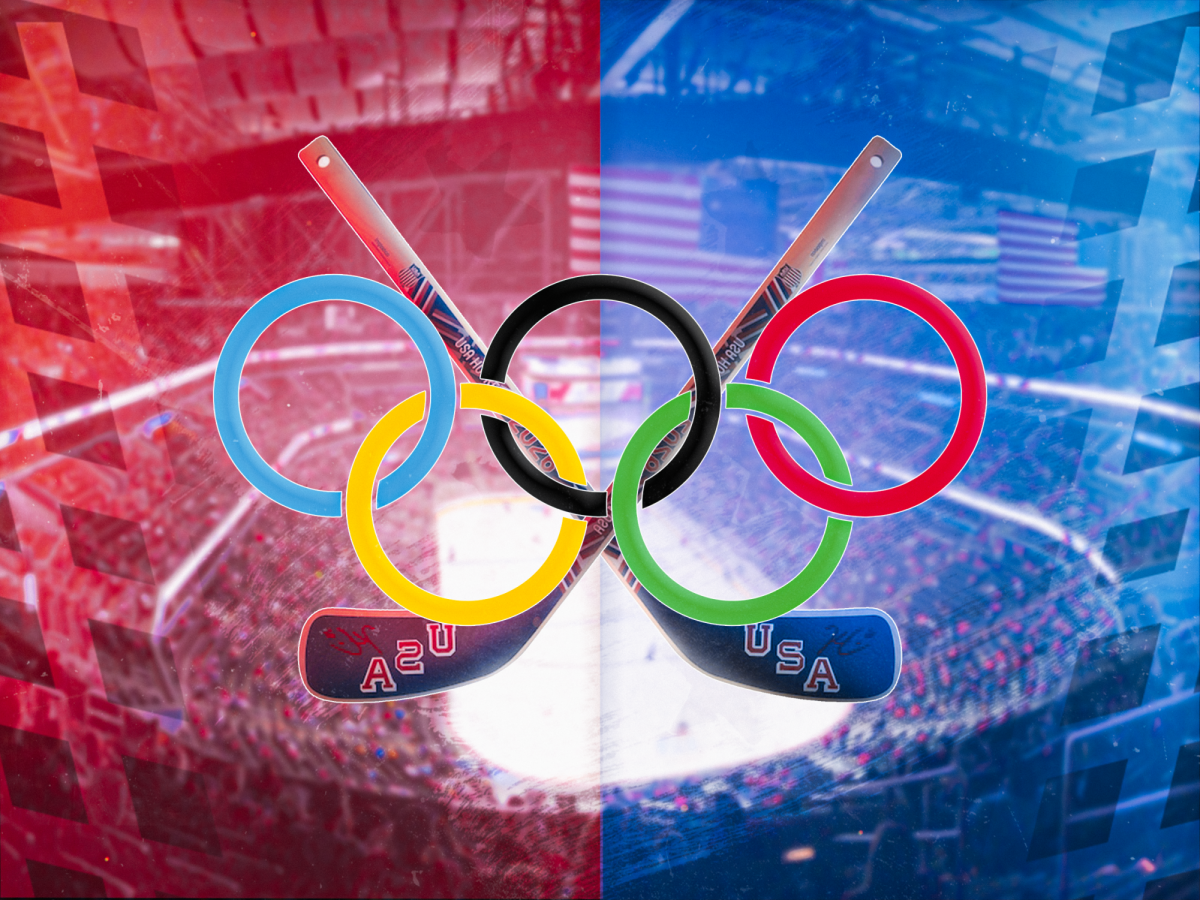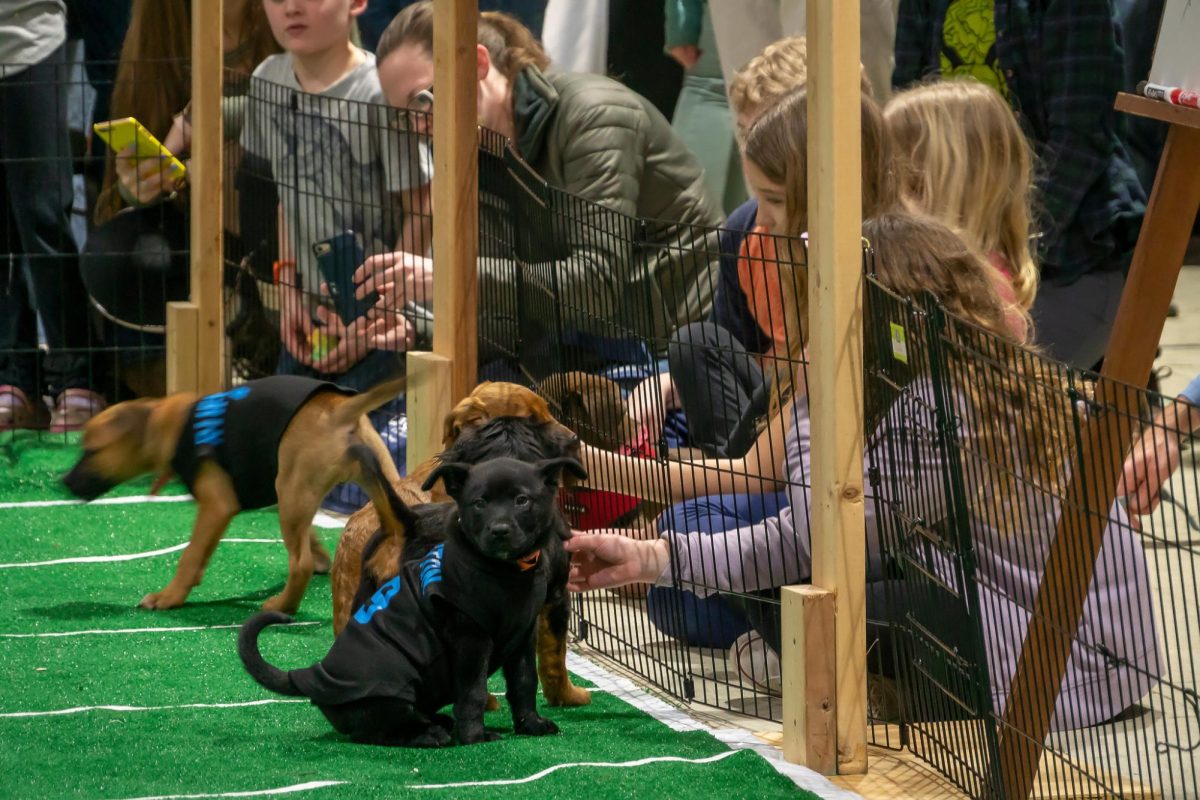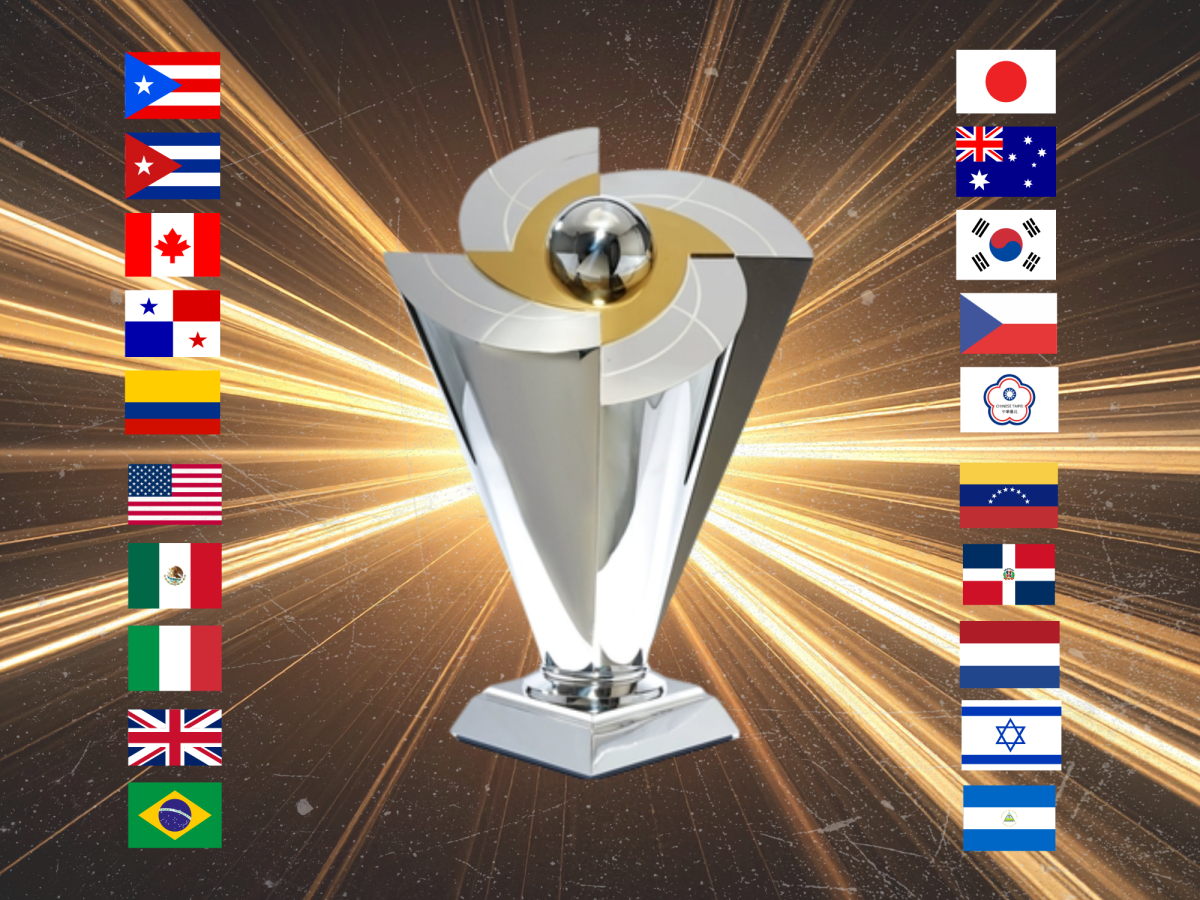As of Feb. 18, almost all business has been finished before the official start of the 2019 J1 League season. All teams have hosted their annual kit launch press conference and finalized their preseason signings.
After a new Japanese team was crowned in Asia last season, J1 is starting with a few familiar faces cladded in different uniforms and without many key veterans of the game.
Teams like Kawasaki Frontale and Urawa Red Diamonds, who played against each other in the Fuji Xerox Super Cup in Saitama, Japan, are definitely vying for the J1 title.
The Super Cup is a one-off competition pitting the domestic league champions against the domestic cup holder. Frontale, the J1 winner for the last two years, is the favorite for the league again. In addition to maintaining the core group of domestic players, the team has most notably acquired the service of former Brazilian international and Olympic silver-medalist Leandro Damião.
The 29-year-old Damião was a hot property a few years ago in the European transfer market when he was playing for Sport Club Internacional, but, as his career faltered, a permanent move across the Atlantic Ocean never quite materialized. Now, it is up to Toru Oniki to revitalize his career.
Last season, despite winning the title with a 12-point gap between Frontale and Sanfrecce Hiroshima, having a recognizable striker with clinical scoring ability was a pronounced problem for Frontale. In the Super Cup, Damião scored the winning goal, a thumping volley after a failed clearance from the Urawa Reds. Aside from the goal he scored, Damião looked very involved in the offensive play and was able to helpfully advance the ball. If he can continue the performance as the season goes on, it will solve the forward problem for Frontale.
Frontale did not have any player on the Japanese National Team in the Asian Cup, but the spine of the team is arguably at the level of the national team.
The MVPs of the last three years have all been from Kawasaki — Kengo Nakamura, Yu Kobayashi and Akihiro Ienaga. The pace-setting midfielder Nakamura, at 38 years old, seemed to be getting better year after year in the league; he had been a regular international before 2013, and his age, rather than his athleticism, seemed to be the only thing that prevented him from being called up. Kobayashi, despite being played out of position at forward, scored 15 goals. While it was eight less than his MVP season, he missed seven games due to different injuries in 2017. The most lethal patterns of run last year were the one-passes by midfielders to bypass defensive lines in surges to either receive the ball from a distributing midfielder or give space for another attacker.
The defensive quartet of Shintaro Kurumaya, Tatsuki Nara, Hidemasa Morita and Shogo Taniguchi have contributed to the solidity and structure of the team that only conceded 27 goals in 34 games; Kurumaya and Taniguchi have both been in the Samurai Blue squad in the last three years, and Morita had only missed on the Asian Cup due to injuries.
Frontale looks to be the most complete team in the domestic league, and Oniki will win a third consecutive championship — a feat that was only achieved by the Kashima Antlers in the J1 League era.


